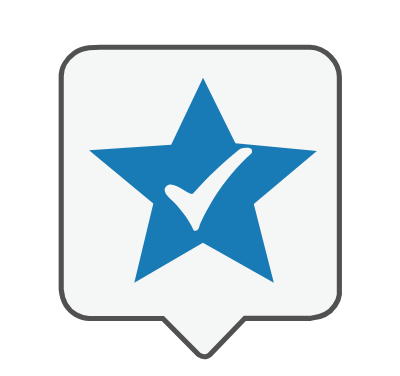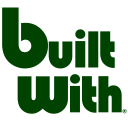How A Solo Founder Built A Platform Of Startup Growth Advisors
(I'm always open to podcasts, DM me on Twitter if you want to make one)
Hey! I’m the founder of 🕊️Sparrow. We have empathetic startup advisors who teach you to grow your MRR (monthly recurring revenue) and get acquired! Our startup mentors have built, scaled and sold their own companies, so you're in good hands.
Our rockstars who will help you Amar scaled ZenMaid from $0 MRR to $1,800,000 in annual recurring revenue (ARR). Trevor scaled 13 companies to over $2,000,000 in annual revenue. Jeff sold his company to SoundCloud after scaling it to over $1,200,000 monthly recurring revenue (MRR). You read that right.
If you're an indie hacker, bootstrapped founder or just building a SaaS, we love you. Come book a session! Btw, if you're under...



















